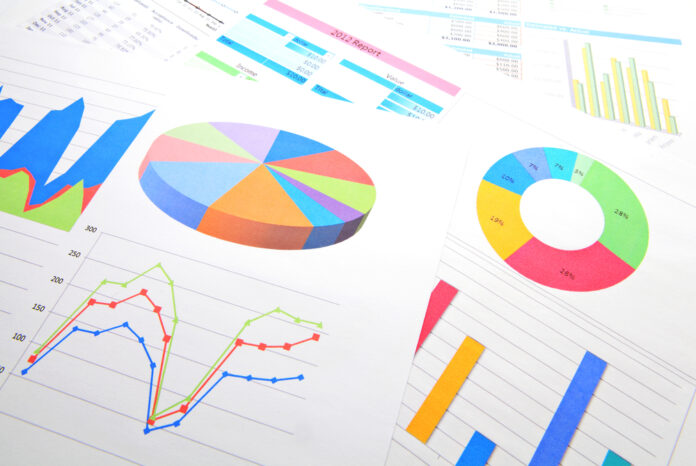Wine Group announced that it closed the second quarter of 2025 with a net profit of R$15.9 million, more than double the amount recorded in the same period last year, representing a growth of 107.8%. Year-to-date, the company reversed a loss of R$12.8 million in 2024 to a profit of R$14.3 million.
The performance reflects the strategy adopted since the beginning of 2025, focused on profitability and cash generation, without compromising operational excellence and market leadership. The quarter was marked by a 1.8 percentage point gain in gross margin, which increased from 46.1% to 47.9%, driven by adjustments in commercial and pricing policies, as well as austerity in operating expenses, with a 14.9% reduction in sales expenses.
EBITDA reached R$45.4 million, the highest ever recorded by the company, with an 8.6% increase compared to Q2 2024, despite a 7.4% decline in net revenue. The EBITDA margin advanced by 3.2 percentage points, reaching 21.7% in the quarter.
Despite the increase in the benchmark interest rate (SELIC) to 15% p.a., which raised interest expenses and financial charges on loans by 59.3% compared to the second quarter of 2024, Wine Group showed a R$5.9 million improvement in net financial results, benefiting from the appreciation of the Brazilian real against the dollar, which generated gains from currency hedging instruments.
“This result confirms that we are on the right track. We adjusted our pricing policy, optimized expenses, and maintained discipline to deliver sustainable profitability gains,” says Alexandre Magno, CEO of Wine Group.
The executive took over the company’s leadership in November 2024, during a challenging time for the market, with high interest rates and exchange rates, so he implemented a plan focused on operational efficiency. “My first challenge upon taking over Wine Group’s management was ensuring that 100% of the team was aligned and engaged with the profitability mindset. Now, the focus is on execution and extracting even more value from the leadership position we consolidated in recent years. In our sector and the Brazilian market, having volume is essential to generate economies of scale that translate into better commercial negotiations with our partners and, consequently, better products for our customers,” he explains.
With over 20 years of experience, primarily in business development and strategic planning in B2C and B2B segments, Magno reveals that the goal for the coming months is to continue the capillarity expansion plan, opening new clients, distributors, and B2B partners, which allow Wine Group’s products to reach consumers wherever they are. “We will also continue with our proprietary brands project, developing products aligned with Brazilian consumers’ taste preferences and offering excellent cost-benefit. Last year, we launched the brands Metropolitano, Kaipu, and Maraví—the latter two in partnership with Miolo and the winery Entre Dois Mundos. This year, we already launched Dínamo, a Chilean wine we are distributing through Cantu Wine Group,” he concludes.
Currently, Wine Group operates B2C under the brand Wine, responsible for e-commerce, physical stores, and the world’s largest wine subscription club, and B2B through its importers and distributors Cantu Wine Group, the home of major brands representing over 40 award-winning and globally recognized producers, and Bodegas Wine Group, which operates with innovation in wine distribution through an online B2B self-service platform.


